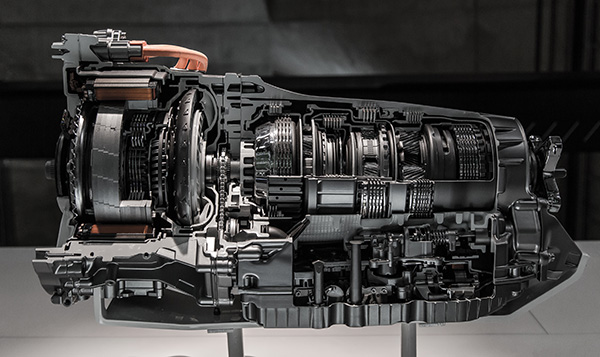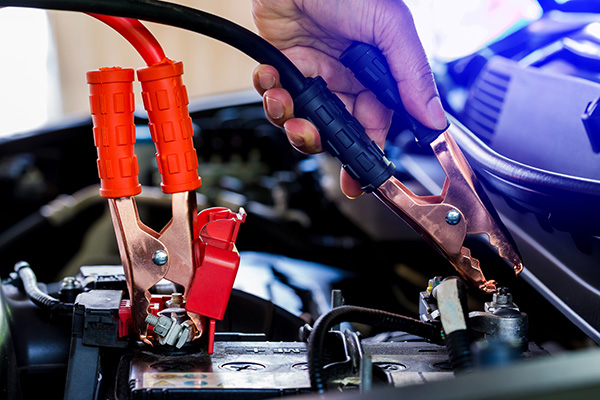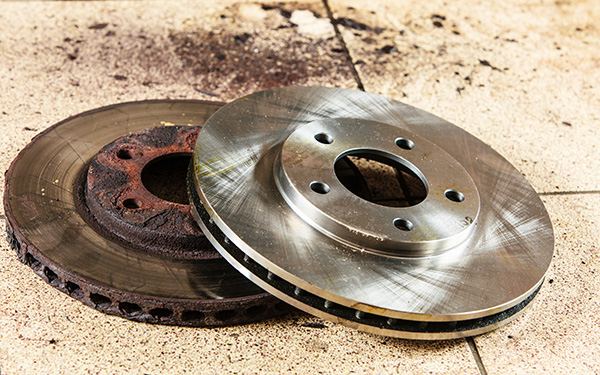Posted on 12/20/2024

If your car hesitates when shifting gears or makes strange noises, you might be dealing with a failing transmission. The transmission is an essential part of your vehicle that helps power your car and ensures a smooth ride. A faulty transmission can lead to significant problems, making it necessary to recognize the warning signs before things get worse. Whether you're cruising around San Jose, CA, or just taking a short trip, knowing when your transmission needs attention could save you time and money. Unusual Sounds Coming from the Transmission One of the most noticeable signs of a transmission problem is an unusual noise coming from the area around your vehicle’s gears. If you hear grinding, whining, or clunking sounds when you shift, it’s time to pay attention. These sounds often mean that the transmission’s internal parts are not engaging properly, which can lead to further damage if ignored. Don’t brush it off, especially if the noise ... read more
Posted on 11/29/2024

Were you happily cruising down the road when suddenly that dreaded little light on your dashboard flickers to life: the check engine light? For many drivers, this can trigger moments of panic, confusion, or frustration. What does it mean? How serious is it? And most importantly, what should you do next? We'll explain what the check engine light really signifies and the steps you should take when it appears. What Does the Check Engine Light Mean First things first, let’s decode that pesky little light. The check engine light is your car's way of telling you that something isn’t quite right. It’s part of the onboard diagnostics (OBD) system, which monitors various systems within your vehicle. When the OBD detects a problem, the check engine light will alert you. But here’s the catch—the light can mean anything from a loose gas cap to a seriou ... read more
Posted on 10/31/2024

Few things are as frustrating as getting in your car, turning the key, and hearing nothing but silence. If your car battery keeps dying, this is a common issue that many drivers face. But why does it happen? What’s causing your battery to lose power repeatedly? The truth is, there are several potential reasons why your car battery might be draining, and identifying the root cause can save you from constantly needing a jump start or a new battery. Leaving Lights or Electronics On One of the most common reasons for a dead car battery is leaving lights or electronics on after the engine is turned off. This can happen with interior lights, headlights, or even electronic accessories like phone chargers. Many newer cars are designed to automatically shut these off to prevent battery drain, but it’s still easy to accidentally leave something on, especially if your car doesn’t have this feature. Before leaving your vehicle, it’s a good idea to double ... read more
Posted on 9/27/2024

When it comes to vehicle safety, the brake system plays a critical role, and one of the essential components is the brake rotors. If you've ever felt a pulsating sensation when you press the brake pedal, chances are you might be dealing with warped brake rotors. But what exactly causes this issue? And more importantly, how can you avoid it? Brake rotor warping isn’t as straightforward as the metal physically bending out of shape. Instead, it's a result of uneven wear on the rotor’s surface, caused by excessive heat, uneven pressure, or other factors. Understanding these causes can help you take steps to maintain your vehicle's performance and ensure your brakes are always functioning at their best. Excessive Heat One of the most common reasons for warped brake rotors is excessive heat. Every time you apply your brakes, the friction between the brake pads and the rotor generates heat. If this heat isn't adequately dispersed, the rotor can ... read more
Posted on 8/30/2024

Pickup trucks are more than just vehicles—they're reliable workhorses that endure daily wear and tear from hauling heavy loads, navigating rough terrains, and enduring harsh weather conditions. Proper maintenance and care are crucial to ensure your pickup truck remains dependable and efficient for years to come. So, how can you extend the lifespan of your pickup truck? Let's explore the essential steps to keep your truck in prime condition. Regular Maintenance Just like any other vehicle, regular maintenance is the backbone of a long-lasting pickup truck. But what does regular maintenance entail? It includes routine oil changes, tire rotations, brake inspections, and fluid checks. Oil changes, typically every 3,000 to 5,000 miles, are essential for lubricating the engine and reducing wear on its components. Tire rotations every 6,000 to 8,000 miles ensure even tire wear and better handling ... read more